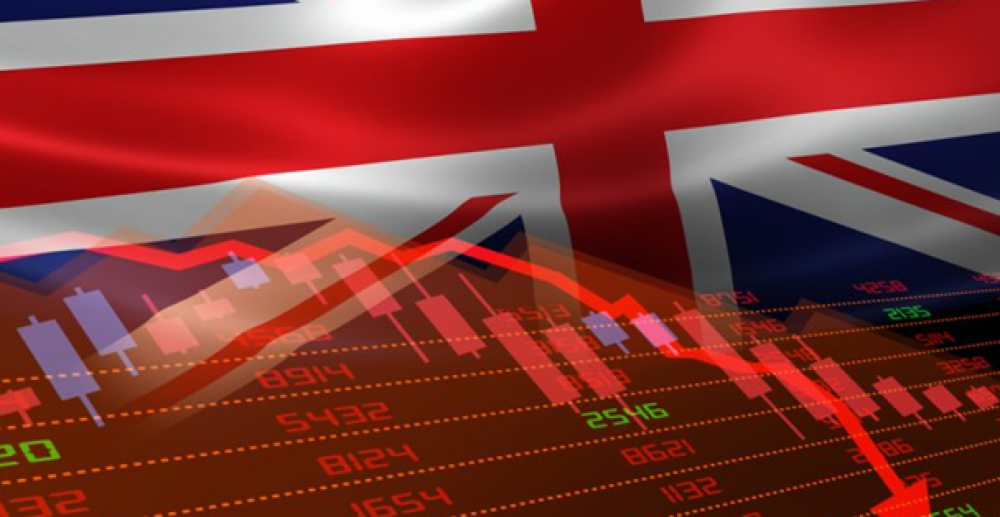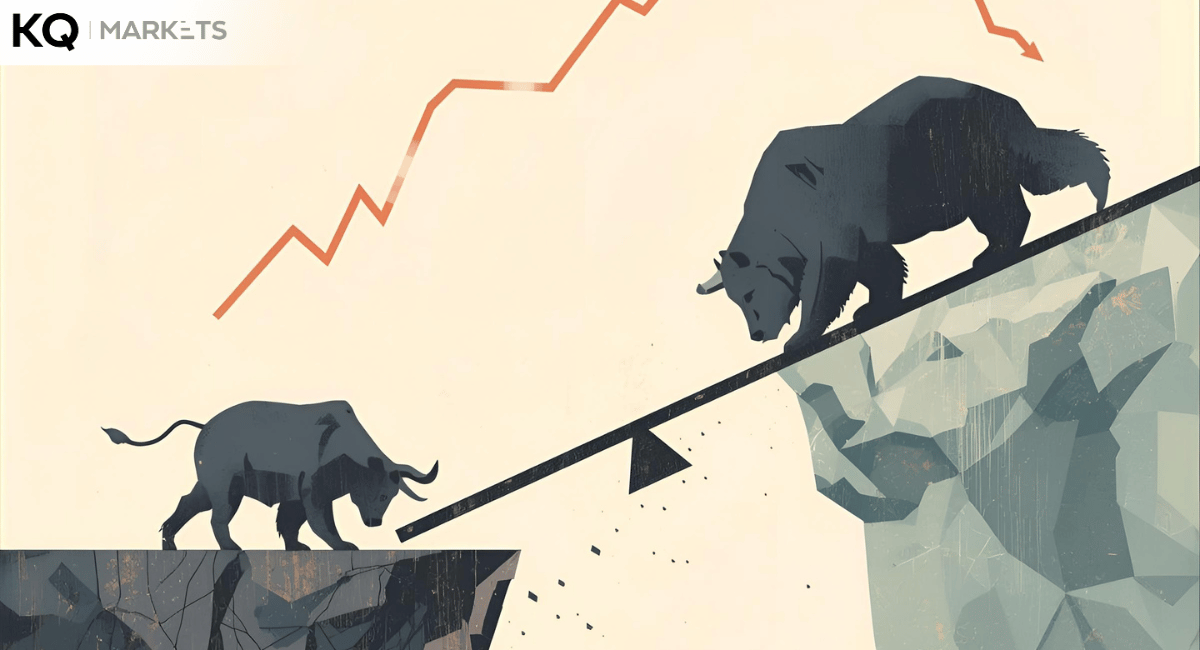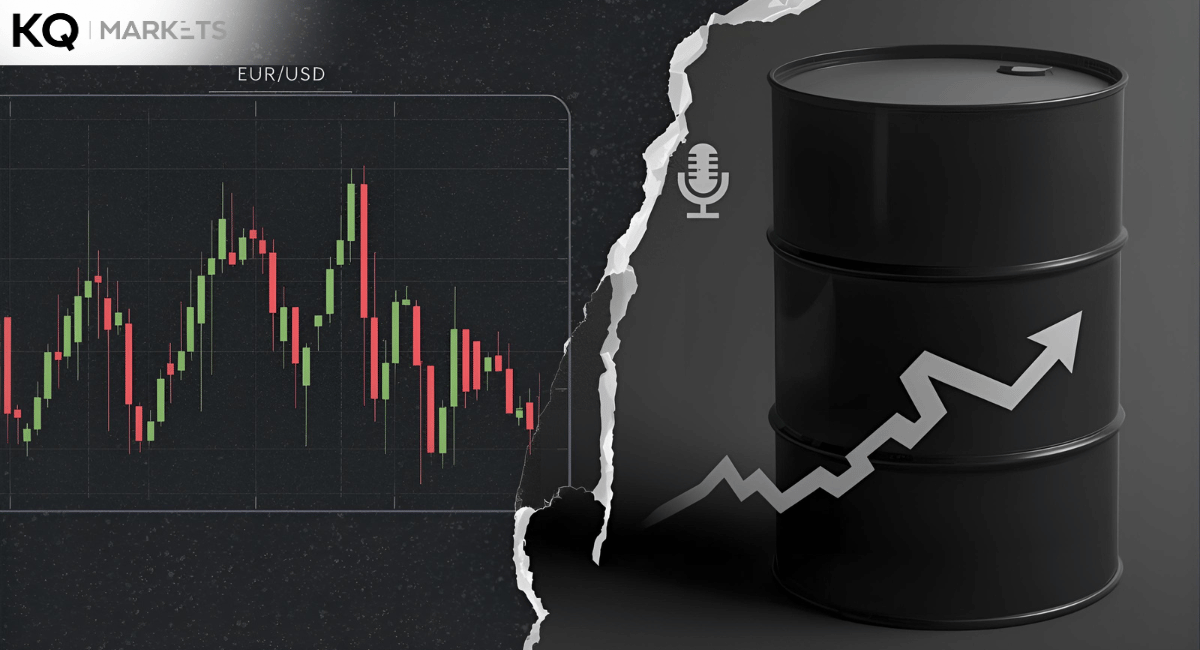Businesses in the United Kingdom are facing rampant inflation and soaring energy costs. Meanwhile, high-interest rates are worsening the economy and increasing recession risks. The Federation of Small Businesses conducted a poll that indicated that almost half of medium-sized and small firms complained about the access and pricing of loans. The current economic downturn is the worst in seven years. Generally, the cost of credit has doubled in 12 months.
The poll is one of the latest signs of concern about the UK economy. It signals a headache to the new UK prime minister as he strives to calm the economy after the spiraling borrowing costs in the September mini-budget. Besides, consumer sentiment has hit record lows, and living costs increased faster in 40 years. The founder of Small Business Britain says that small firms are fighting for survival.
The interest rates spike results in another massive rise to the cost surge that small businesses face from all angles. Unfortunately, these concerns particularly impact the vital artery of cash flow for small firms. In any case, swaps from the central bank meetings showcase the Bank of England interest rate peaking below 5% by 2023 despite the current market turmoil. It is vital to note that the benchmark was at 0.1% in 2021. Thus, a rise in SME insolvency can cause a knock-on effect on jobs.
60% of the UK’s private sector employees work with small-scale firms. For instance, the hair & beauty industry is one of the crucial sectors facing the high impacts of rising living costs. The Industry Federation shows that profits in the beauty sector dropped from 44% in July to 35% in September. On the other hand, hotel and restaurant owners are also facing tough times. Several hospitality firms have stopped mortgage plans, seeking to lease the spaces.
For example, stakeholders have delayed investment in a retractable & terrace roof for improving activities at a random hotel in the UK until after Christmas. The explanation for these weird shifts includes the sharply fallen consumer demand. Besides, there is no access to affordable loans. FSB National Chair says that small businesses are feeling the pressure since most of them applied for variable-rate emergency loans throughout the Covid-19 pandemic.
Overall, business confidence has dropped as firms become nervous about the country’s economic outlook. Financial analysts are sure that business output might fall faster than during the 2009 financial crisis. Moreover, the PMI reading shows that firms started to quote higher borrowing costs due to the current pessimistic outlook. Investors might start weighing on strong sentiments as interest rates rise further, impacting the economic outlook.
At KQ Markets, we believe in providing our clients with the best possible trading experience. That's why we offer a range of educational resources to help you stay informed and make informed trading decisions. From market news and analysis to trading guides and webinars, we've got you covered. Explore our website we include an economic calendar, accurate forex signals, a precision-driven fibonacci indicator, and an easy-to-use pivot point calculator. Create a demo trading account today, and we will assist you in reaching your financial objectives.
Read Also:
UK Retailers Buoyant Despite the Cost of Living Crisis
Inflation Report Shows Consumer Prices Rose 7.7% from Year Earlier





